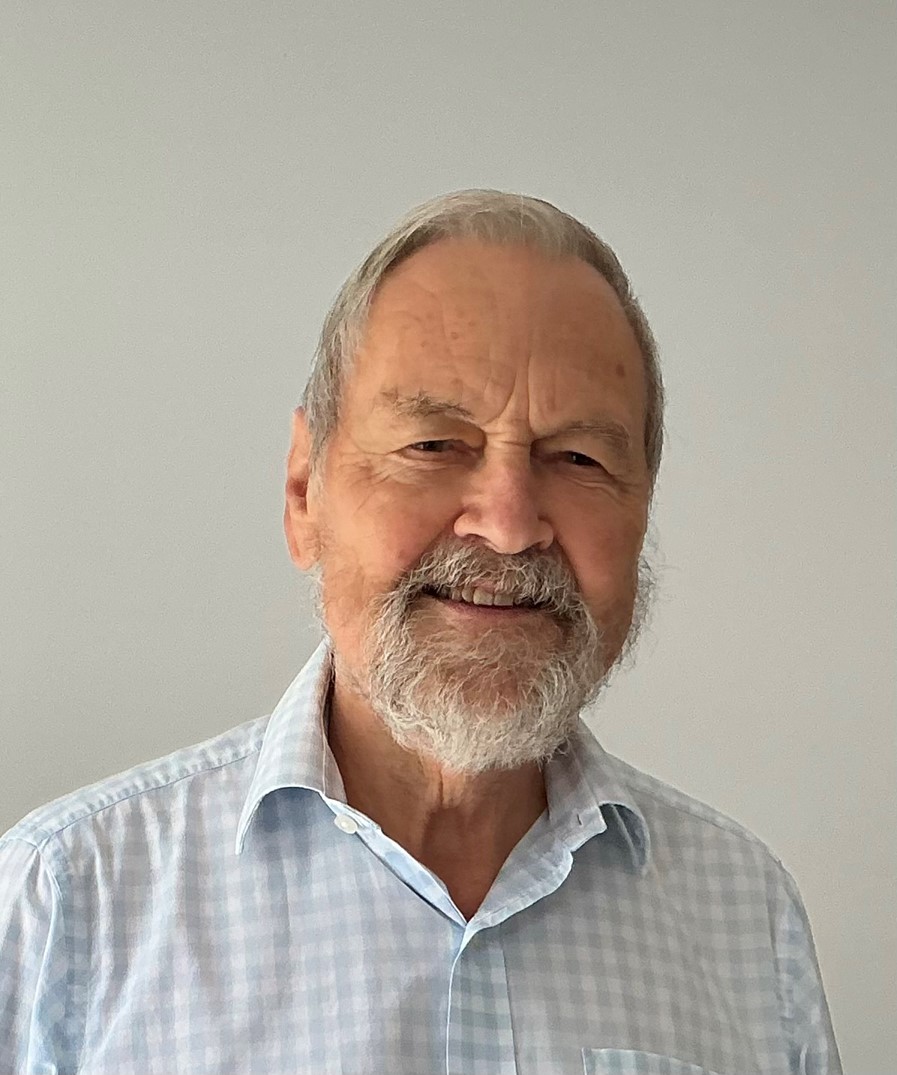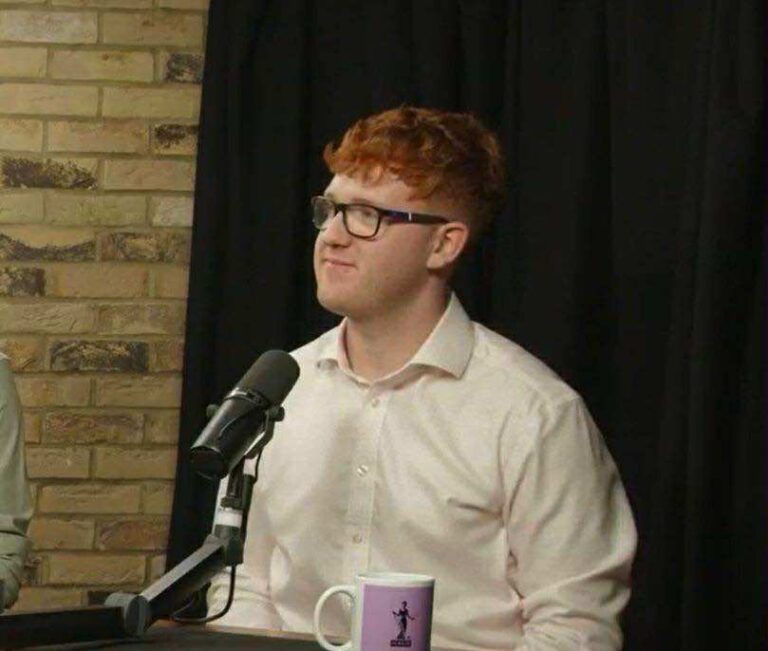Alan was a Governor of West Suffolk College for 26 years overseeing, alongside his fellow Governors, key events in this time period, West Suffolk College’s incorporation, new buildings and four Principals. Now contentedly retired, he remembers the wonderful people he worked with and the institution with affection.
What made you join Eastern Education Group?
At the time I had a very limited knowledge of how Further Education ‘worked’ and was keen to learn more. As part of a drive to widen the skill set and background of governors appointed to FE colleges in preparation for incorporation when further education colleges were released from Local Education Authority control, various local organisations were invited to nominate a member to become a governor.
The Suffolk and North Essex Law Society were one of the nominating organisations, and, as a local solicitor in private practice, I was pleased to accept their offer to nominate me to be appointed as a Governor of West Suffolk College for the academic year 1989/90.
The Board of Governors is responsible for the educational character and strategic direction of the College and for ensuring that it is well managed and financially viable. Governors are expected to act as “critical friends” advising the senior management in support of their operational roles.
Why did you enjoy being a Governor?
Throughout, my knowledge of the role of a governor and the delivery of Further and Higher Education grew and developed with the need to adapt and change as the College expanded to keep pace with the needs of students of all ages and abilities.
On appointment, I was invited to join the Finance and General Purposes committee of the Board. The remit of the Committee was then supporting the financial management and contractual obligations of the College and the maintenance and replacement of buildings and grounds. I continued to serve that committee and its successors throughout my time as a governor.
A lot of time was spent preparing for Incorporation, which was a huge event at the time as it gave much independence to the College in the way it would be run and managed in the future. Robust negotiations were necessary with the local authority about what land and buildings would be transferred to the College and I relished being a part of those.
Under LA control, buildings had been added to the College estate in piecemeal fashion, the quality and extent depending upon funding when each was constructed. After incorporation It was decided that a separate committee should be formed to oversee the development of a proper campus, and I was asked to chair that Committee and its successor and once again did so throughout my time as a governor.
Do you have any special memories from your time with us?
Many and various! Following incorporation, It was a privilege to be part of the team that ensured the financial stability of the College and to be involved in the planning and redevelopment of Suffolk House, Gibraltar House, Edmund House, the Industrial Training Centre, Mechatronics and Australia House and also the planning and construction of Minden House, Leonardo House, The Conservatory, The Milburn Centre and the early stages of the acquisition of the Vinten site but above all the construction of the Gateway.
Throughout my tenure I made many visits to see the College’s day to day operation through both formal and informal links with the various study areas. I was also able to represent the College, and take part with other staff and governors, in a parliamentary lobby, visits to other colleges, meetings of mutual interest groups and meetings when appropriate with professional advisers, and contractors to the College.
Particular highlights were:
- Pride in the development of the Colleges’ Estate, helping to overcome the planning and funding challenges of Campus development especially after the government of the day withdrew its pledge of a multimillion-pound grant for new buildings.
- The College bringing the opportunity to study University degrees locally.
- The foundation of the independent WSCEOT Education Opportunity Registered Charity which I led. The Charity was formed by a generous donation from a mature student to enable grants to be made to students to partake in extracurricular activities relevant to their course, but for which funding would not otherwise be available from other sources.
- For some years I was the Governor Link for both Health and Safety and Student Welfare. Both areas, in very different ways, vital to the College community on a daily basis.
- The many celebrations of achievement and graduation ceremonies but (particularly the SEND group – always so joyful, enthusiastic and supportive of each other) that year after year reflected and reinforced the place of the College in the heart of our community.
- Seeing young people, who before they joined the College community had been let down, developing confidence and skills that gave them a sense of worth and purpose and a determination to play their part in society.
- The continual progression of the College adapting to, and thriving through, constant change and financial challenge to offer education to more and more people of all ages.
- The tremendous learning and pastoral support given by staff to students, particularly those who were disadvantaged and more vulnerable.
- Hearing many adult students who articulated that the College had given them a second chance.
- In 2013 being honoured to be appointed MBE for services to Further Education.
- Working with a Board of Governors that were never afraid to encourage and support the College to embrace projects that may have seemed risky to some. However, such risks were always thoroughly evaluated and accepted with one intention only – that of improving the experience of the learners.
Above all, the excellent staff and fellow governors I met and worked with, over the years, that nurtured the College. I served with four Chairs of the Governing body and four Principals and enjoyed an excellent working relationship with each of them. In very different styles they provided strong inspirational leadership and articulation of the College’s vision both internally and most importantly, externally.
What did you go onto to do after College?
Contented Retirement! Enjoying nature, learning more about places I had visited many years previously or had not been to before, especially in the UK and reading, particularly military history.
Is there a message you would like to share as we celebrate our 100 years of history?
Over the years I worked with some wonderful people who tirelessly ensured that the College went from strength to strength. Being a governor was never a task, yes it was at times very challenging, and time had to be devoted to it, but that was amply rewarded by all that I learnt by being a member of the College family
Lastly, do you have any advice for future students and staff at EEG?
Without learners there is no College; honour the past by going forward with pride. Immerse yourself in the life of the College and the more you contribute the more you will gain.




